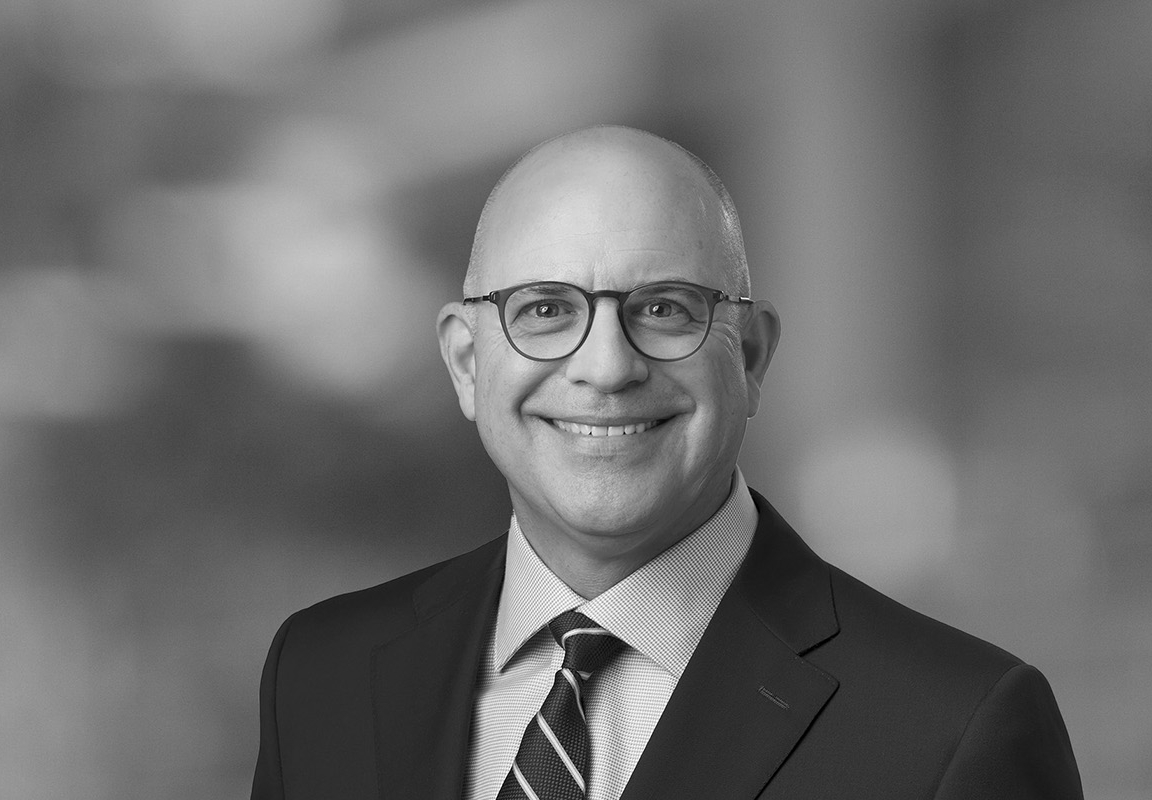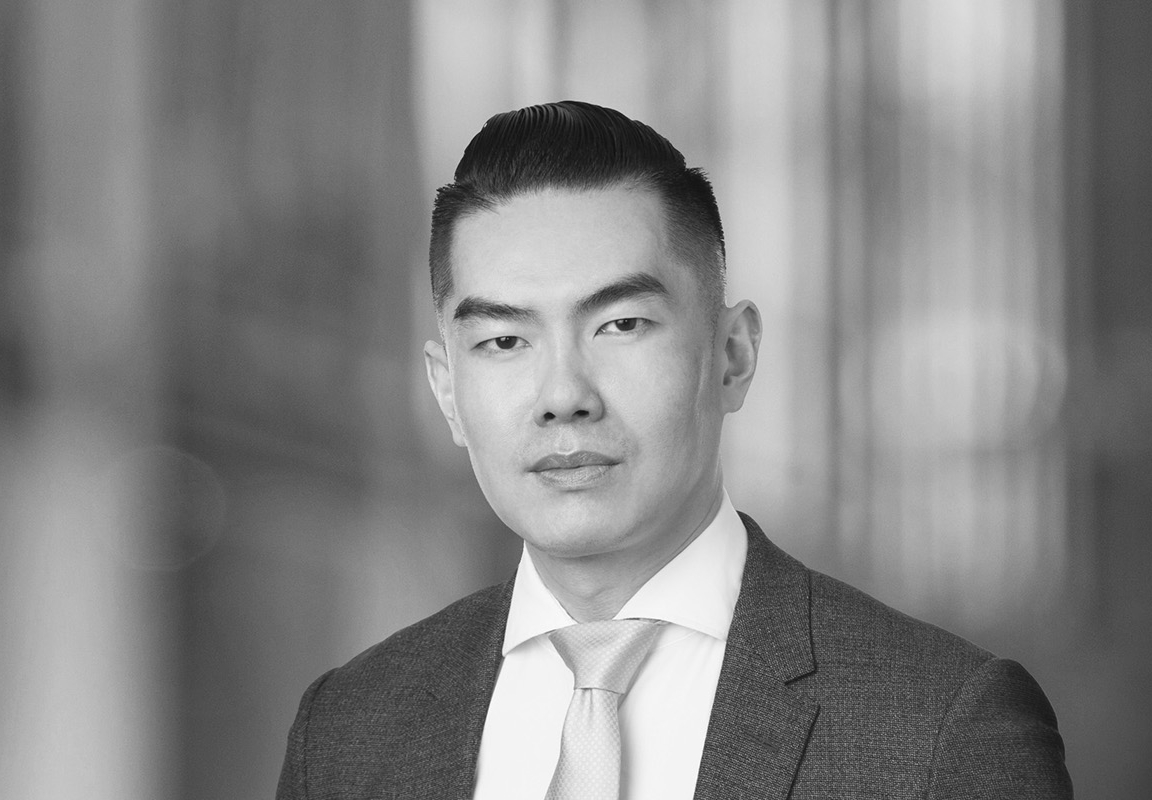
9th Circuit backs SEC’s no-denials settlement rule – but leaves the door open to future challenges
6 min read
On August 6, 2025, the US Court of Appeals for the Ninth Circuit rejected a challenge to US Securities & Exchange Commission (“SEC”) Rule 202.5(e) (“Rule 202.5(e)” or the “Rule”) that sought to have the Rule declared unconstitutional on its face, under the First Amendment.1 The Rule prohibits defendants who settle an SEC enforcement action from publicly denying the allegations against them. The Court left open the possibility, however, of future First Amendment “as-applied” challenges from defendants, especially if the Rule were used to “prevent civil enforcement defendants from criticizing the SEC.”2
Rule 202.5(e) has come under increased criticism in recent years, with other judges and at least one current SEC Commissioner questioning the value of restricting such denials. With the Ninth Circuit leaving the door open to possible future “as-applied” First Amendment challenges, a future defendant might successfully argue that the Rule violates the defendant’s rights to free speech. Further, under the new Administration, the Commissioners may decide the time is ripe to amend the Rule.
The Ninth Circuit lawsuit was brought by the New Civil Liberties Alliance (“NCLA”), a public interest litigation group, and several individuals who settled with the SEC and agreed to abide by Rule 202.5(e). In 2018, the NCLA challenged the permissibility of Rule 202.5(e) and petitioned the SEC to amend it. In 2024, the SEC denied the NCLA’s petition to amend, choosing to maintain the Rule in its current form.
SEC Commissioner Hester Peirce dissented from the 2024 denial of the petition, emphasizing that the SEC’s “prohibition on denials prevents the American public from ever hearing criticisms that might otherwise be lodged against the government,” and argued that the prohibition set forth in the SEC’s rules “is unnecessary, undermines regulatory integrity, and raises First Amendment concerns.”3 Commissioner Peirce added that for most individual defendants “and even for many well-resourced corporate defendants, the time, expense, and difficulty of litigating against the federal government makes settling the only economically viable option to resolve [SEC] enforcement actions.”4 Given the monetary costs of defending against a SEC action, in addition to “the intangible yet often even more onerous emotional, physical, and relational tolls of litigation,” Commissioner Peirce stated that “it is unremarkable that nearly all defendants in [SEC] actions settle.”5
In rejecting Petitioners’ First Amendment challenge in Powell, the Ninth Circuit panel relied upon the Supreme Court precedent to conclude that Rule 202.5(e) is not facially invalid. The Ninth Circuit noted that “[t]he Supreme Court has held that First Amendment rights may be waived upon clear and convincing evidence that the waiver is knowing, voluntary[,] and intelligent.”6 The Ninth Circuit explained that First Amendment waivers should be analyzed under the Supreme Court’s decision in Rumery, which “declined to establish ‘a per se rule of invalidity’ for all waiver agreements.”7 The panel also observed that guilty pleas by criminal defendants are not unconstitutional, despite requiring the defendant to admit or not to deny their guilt and involving an inevitable infringement of the defendant’s First Amendment rights, in exchange for the “substantial benefit” of resolving charges without a trial.8
The Ninth Circuit found that the Rule does not merely restrict speech, but allows defendants to voluntarily consent to not denying the allegations against them in exchange for substantial benefits that can be associated with settling an enforcement action.9 In this sense, the Rule is akin to the voluntary waiver of rights that often occurs in the criminal context, as noted above. The Court also considered there to be an appropriate nexus between the rule and the remedy: “If a defendant violates this provision of the settlement agreement, the SEC's remedy is to go back to the court that entered the consent judgment and ask for the case to be reopened.”10 The Ninth Circuit also explained it is not within its purview to question the SEC’s policy decisions or priorities in its enforcement actions as the Court’s authority does not extend to the “wisdom of regulatory policy.”11
The Ninth Circuit emphasized, however, that “in application, Rule 202.5(e) could impermissibly intrude on First Amendment rights, especially if it prevents civil enforcement defendants from criticizing the SEC.”12 The Ninth Circuit observed that such “concerns are properly addressed in as-applied challenges with defined records.”13 Accordingly, the Court was careful to stress that the opinion did not “foreclose an individual defendant in any particular case from later claiming that his agreement to the terms of Rule 202.5(e) was involuntary or unknowing.”14 Finally, the Ninth Circuit found that compliance with Rule 202.5(e) “does not prevent defendants from denying the allegations in other legal proceedings, such as separate civil litigation.”15
Other judges have also raised concerns with the Rule. In 2022, the U.S. Court of Appeals for the Fifth Circuit rejected an as-applied challenge where plaintiffs were “represented by counsel, waived service in th[e] case, answered the SEC's complaint, and litigated the case for nearly a year before proposing a settlement.”16 Two members of the panel, however, issued a concurrence to highlight that “it w[ould] not be long before the courts are called on to fully consider [the SEC’s] policy” as the Rule forced a defendant to choose between “’hold[ing] [its] tongue … or get[ting] bankrupted by having to continue litigating with the SEC.”17 Although courts have continued to uphold the Rule, a judgment from the U.S. District Court for the Southern District of New York stressed that “the fact that defendants may waive their First Amendment rights does not mean that the government should be in the business of demanding that they do so.”18 The Court concluded that although it would approve the consent agreement in question, “it d[id] so with reluctance in light of the SEC's continued and misguided practice of restraining speech” because “speech ‘is the means to hold officials accountable to the people."19
With the door left open to potential as-applied First Amendment challenges to the Rule, it remains to be seen whether circumstances arise in which a defendant can successfully challenge the Rule on that basis.
1 17 C.F.R. § 202.5(e).
2 Powell v. SEC, Case No. 24-1899, 2025 U.S. App. LEXIS 19791, at *5 (9th Cir. Aug. 6, 2025).
3 Hester M. Peirce, “Unsettling Silence: Dissent from Denial of Request for Rulemaking to Amend 17 C.F.R. § 202.5(e),” U.S. Securities and Exchange Commission (Jan. 30, 2024), https://www.sec.gov/newsroom/speeches-statements/peirce-nand-013024.
4 Id.
5 Id.
6 Powell, 2025 U.S. App. LEXIS 19791, at *16 (citing Leonard v. Clark, 12 F.3d 885, 889 (9th Cir. 1993)); see also D.H. Overmyer Co. v. Frick Co., 405 U.S. 174, 185, 187 (1972).
7 Powell, 2025 U.S. App. LEXIS 19791, at *18 (citing Town of Newton v. Rumery, 480 U.S. 386, 395 (1987)).
8 Id. at *17; Rumery, 480 U.S. at 393.
9 Powell, 2025 U.S. App. LEXIS 19791, at *15.
10 Id. at *4.
11 Id. at *12-13.
12 Id.
13 Id.
14 Id. at *26.
15 Id. at *7.
16 SEC v. Novinger, 40 F.4th 297, 304 (5th Cir. 2022).
17 Id. at 308. The Second Circuit also denied an as applied challenge to the Rule based in part on the fact that the defendant voluntarily consented “while represented by capable and experienced counsel.” SEC v. Romeril, 15 F.4th 166, 173 (2d Cir. 2021).
18 SEC v. Moraes, Case No. 22-cv-8348, 2022 U.S. Dist. LEXIS 196811, at *6 (S.D.N.Y. Oct. 28, 2022).
19 Id. at *12 (quoting Citizens United v. FEC, 558 U.S. 310, 339 (2010)).
White & Case means the international legal practice comprising White & Case LLP, a New York State registered limited liability partnership, White & Case LLP, a limited liability partnership incorporated under English law and all other affiliated partnerships, companies and entities.
This article is prepared for the general information of interested persons. It is not, and does not attempt to be, comprehensive in nature. Due to the general nature of its content, it should not be regarded as legal advice.
© 2025 White & Case LLP





